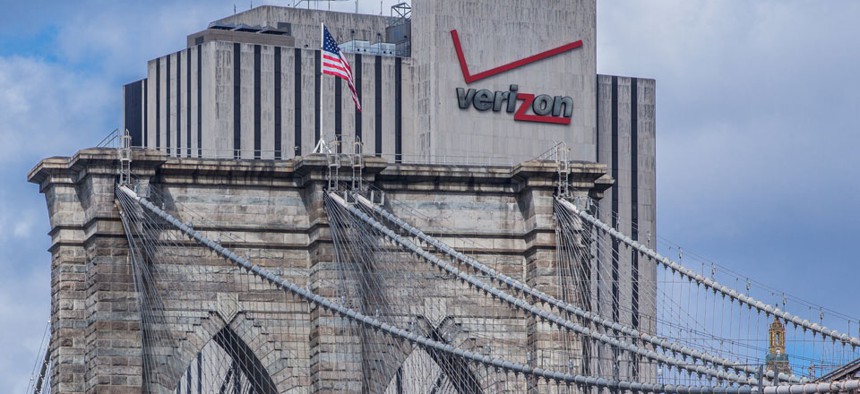What You Need to Know About the New Internet Rules

stockelements/Shutterstock.com
Carriers can charge websites for faster service or even block some data from entering all together.
This story has been updated with a statement from the office of Rep. Anna Eshoo.
A federal court on Tuesday overthrew federal rules to enforce what is known as network neutrality, the principle that all Internet traffic should receive free and equal service. Now, with those rules on ice, Internet carriers such as Verizon and Comcast can charge websites for faster service—or even block some data from entering all together.
So what does that mean for your surfing?
For now, not much. The ruling mostly affects the scope of the Federal Communication Commission's authority to regulate the Internet. It won't be until if and when Internet providers begin to experiment with new pricing schemes that the changes start—and even then it will be websites, and not individual users, that absorb most of the impact.
But make no mistake, if the FCC's rules really are gone and stay gone, Internet users will feel it.
Take Netflix. The website is a bandwidth glutton, as its streaming service requires massive amounts of information to pass through the Web. That could prove pricey now that Internet providers are permitted to charge more, and that bill would likely be passed on to consumers when it came time to pay their monthly subscription fees.
Netflix, like other video-streaming services, is particularly vulnerable because not only does it use significantly more data than other websites, it competes directly with Internet providers' cable offerings.
"The way to think about [Internet] providers is that they own the driveway to your house," said John Blevins, associate professor of law at the Loyola University New Orleans College of Law. "What this decision does is, it effectively enables a provider to act like a bouncer and dictate what data [go] into your house."
In the long run, net-neutrality advocates worry that charge-for-speed arrangements will stifle innovation. Consumers might miss out on the next Google, the advocates say, because Internet fledglings that lack the cash to pay for faster service are at a disadvantage.
"Strong enforcement of the Commission's Open Internet principles is the least Congress can do to preserve a free and open Internet, ensuring that networks remain a robustly competitive engine for innovation and economic growth," said Democratic Rep. Anna Eshoo, whose district includes a large portion of Silicon Valley. "I will utilize every arrow in my quiver, including legislation, to make sure the FCC can carry out this critical mission effectively."
Others, however, believe that the lack of regulation is what built the Internet as we know it, and they say less regulation will produce new technologies. Referring to the FCC's decision to classify the Internet as an information service rather than a telecommunications service, Republican Reps. Fred Upton and Greg Walden said in a joint statement Tuesday:
"In the Internet's infancy, the commission made the right decision to leave it free from the interference of government regulators. Today's ruling vacates the commission's attempt to go back on this policy and to smother the Internet with rules designed for the monopoly telephone network."
Although Verizon said in a statement Tuesday that users' Internet experience will not change post-ruling, the company's attorney said during the oral argument in September that Verizon will explore charging websites for faster service if the open Internet rules are overturned.
Net-neutrality advocates got some solace Tuesday, however. The court left intact one piece of the FCC's rule that requires service providers to disclose which traffic they speed up, slow down, or block altogether.
So, yes, your Internet provider could block access to your favorite site, but it would at least have to tell you that it did.
(Image via stockelements / Shutterstock.com)
NEXT STORY: GWAC goes social






